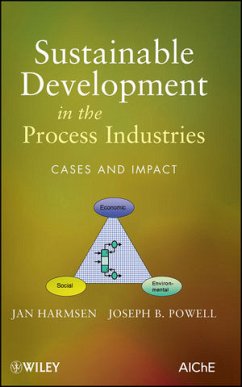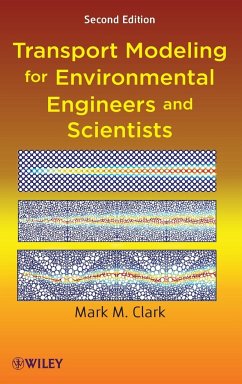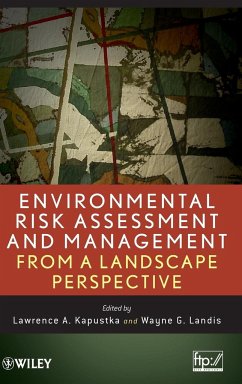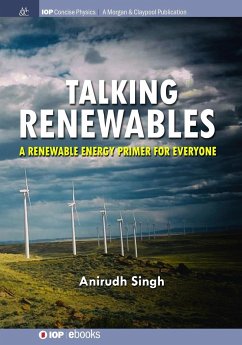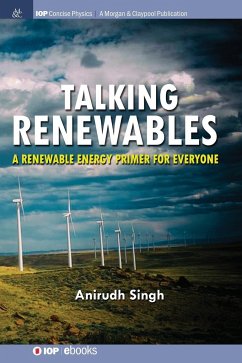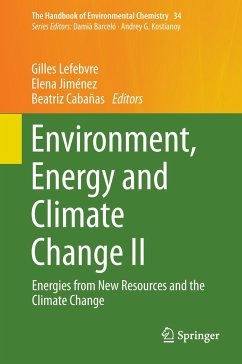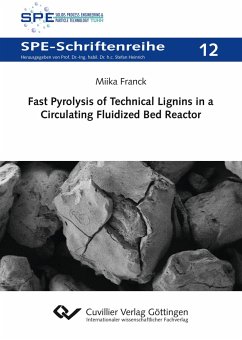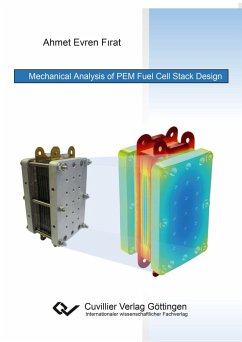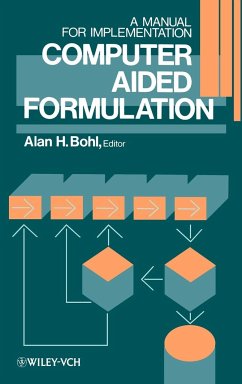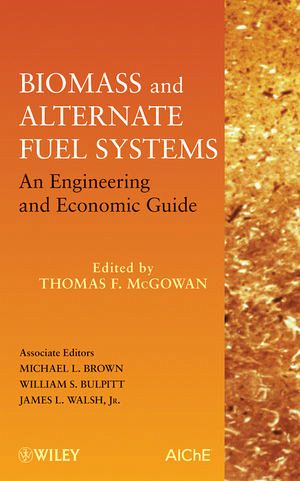
Biomass and Alternate Fuel Systems
Versandkostenfrei!
Versandfertig in über 4 Wochen
117,99 €
inkl. MwSt.
Weitere Ausgaben:

PAYBACK Punkte
59 °P sammeln!
This book explains characteristics of renewable fuels, especially biomass and wood, and the cost-effective and environment-friendly methods of handling, storing and burning these fuels. It is complete with the economic evaluation method, introduction of the pollution control equipment for limiting the emission from fuel combustion, case studies, and costs and carbon emission comparisons between conventional and alternate fuels. Many case studies are introduced here too. This book is an update and expansion of the "Industrial Wood Energy Handbook" by a team from the Georgia Institute of Technol...
This book explains characteristics of renewable fuels, especially biomass and wood, and the cost-effective and environment-friendly methods of handling, storing and burning these fuels. It is complete with the economic evaluation method, introduction of the pollution control equipment for limiting the emission from fuel combustion, case studies, and costs and carbon emission comparisons between conventional and alternate fuels. Many case studies are introduced here too. This book is an update and expansion of the "Industrial Wood Energy Handbook" by a team from the Georgia Institute of Technology in 1984. It introduces new technologies new technologies not available at the time of the early version.





